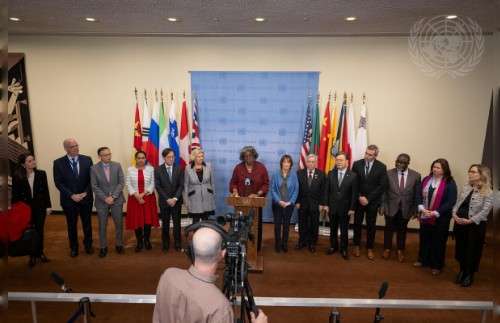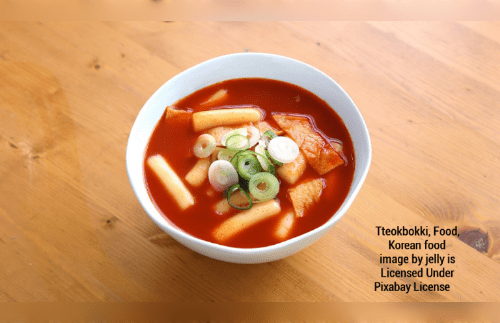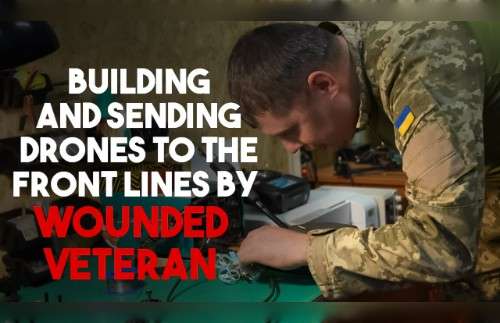Fleeing persistent attacks from Boko Haram, tens of thousands of Nigerians from the border town of Rann, have arrived in northeastern Cameroon seeking safety.
Some 35,000 Nigerians have fled from violence into Cameroon in the last two weeks of January. United Nations humanitarian agencies are scaling up their response to the developing crisis.
Around the village of Goura, in the far north-east of Cameroon, small shelters, some covered in the white sheeting provided by the UN Refugee Agency (UNHCR), dot the landscape. Using a brief lull in fighting, refugees dash back across the border to Nigeria and carry back their belongings.
The refugees left Rann following the recent withdrawal of the Multinational Joint Task Force (MNJTF) which came to secure the city after an attack on 14 January. The MNJTF was set up by the affected countries – Cameroon, Chad, Nigeria, Niger and Benin – to counter Boko Haram and other terrorist groups which are gaining ground across the Lake Chad region.
The terrorist group Boko Haram has been active in this impoverished corner of north-east Nigeria for over a decade. Thousands of people not just in Nigeria, but over the border in Cameroon and Chad, have been killed, many summarily executed. The livelihoods of tens of thousands of others have been destroyed in the the insurgency, as regional governments struggle to put an end to the ongoing violence.
For now, the Nigerian refugees are safe in Cameroon, although many are once again putting themselves at risk by returning to Rann on foot, to collect a few personal possessions which were not looted or burnt.
The United Nations and its partners have responded to the sudden influx into Goura by providing basic services in what is now a makeshift refugee settlement. Some 13,000 people have received food rations and each registered refugee is getting six litres of clean water a day, some way below the recommended 15 litre minimum.
January, the UN, in coordination with the Government and aid partners, announced its 2019 Humanitarian Response Plan which focuses on the whole of the country, including areas affected by Boko Haram. Around 4.3 million Cameroonians, mostly women and children, are now in need of lifesaving assistance~UNIFEED










